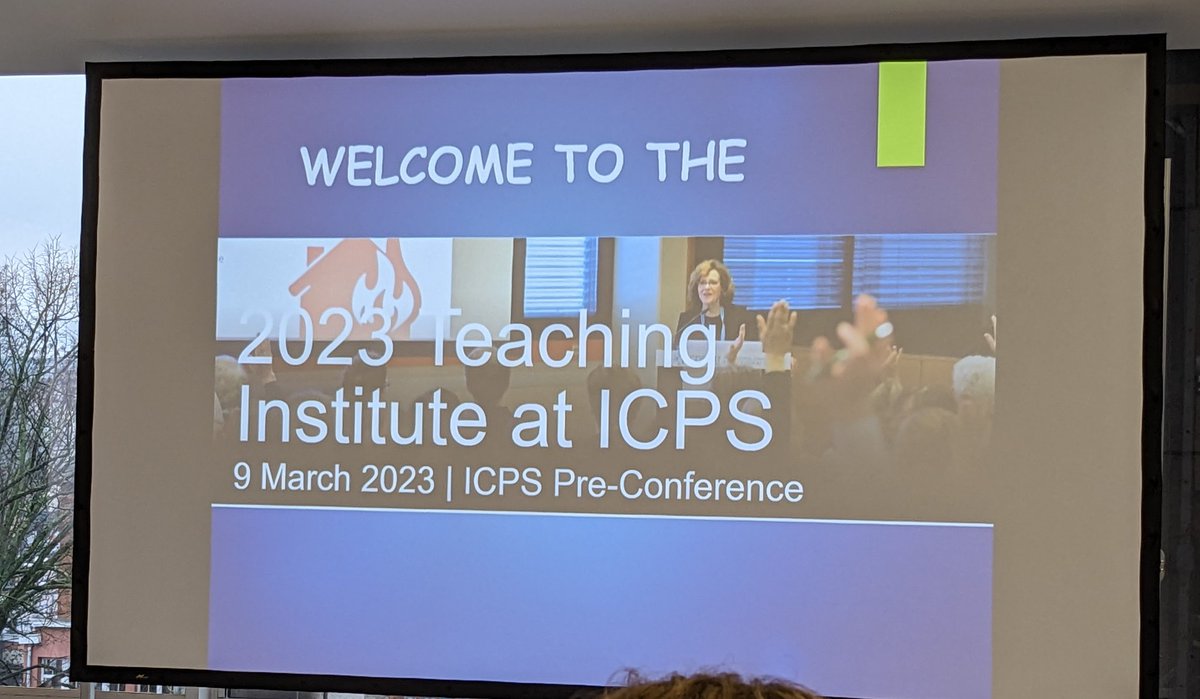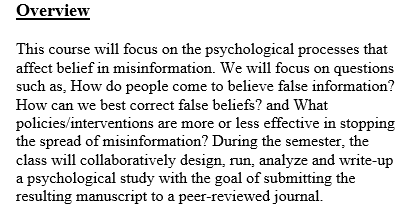
How do social systems interface with individual-level beliefs? Symposium at #icps23be
First up, Sharzad Goudarzi discussing the structural antecedents of fairness attitudes. 1/
First up, Sharzad Goudarzi discussing the structural antecedents of fairness attitudes. 1/

Psychologists often suggest valuing equity/meritocracy is a moral universal but at different developmental time points, in different situations and in different cultures ppl often stress equality/need. #icps23be 2/
Across 160 countries and multiple decades, they find that increases in neoliberalism systems of government within a country predict increases in individuals belief in meritocracy at later time points.
Equity beliefs are ideologies and shaped by broader systems. #icps23be 3/
Equity beliefs are ideologies and shaped by broader systems. #icps23be 3/

Next, Katherina Block, discussing if gender roles shifted in nursing after the start of the pandemic. #icps23be 4/ 

Start by examining changing norms in news articles on nursing using natural language processing. How closely semantically related are nurse & men and nurse & women?
No change in association with women, but closer relation with men post-covid. #icps23be 5/
No change in association with women, but closer relation with men post-covid. #icps23be 5/

Also examine career interest, norms for nursing in 15 countries pre/post covid
Shift in ideal gender balance to include more men post-covid. Men ⬆️ interested in being nurses post-covid (no change for women). Not the case that men are ⬆️ interested in all careers #icps23be 6/


Shift in ideal gender balance to include more men post-covid. Men ⬆️ interested in being nurses post-covid (no change for women). Not the case that men are ⬆️ interested in all careers #icps23be 6/



Next @vlasceanu_mada talking about interactions btwn individual & collective beliefs. People's beliefs are shaped by who they talk to and in what order. Also, society level country support for climate change alters the algorithmic output of google image searches. #icps23be 7/ 



We close with @david_m_amodio discussing how societal gender norms are transmitted through search engines. First study takes country-level gender equality & then looks at google search results for "person" in each county. Code top 100 images for men/women ratio 8/ #icps23be 

Gender ratio in Google image results was strongly correlated with gender equality in each county.
Does exposure to that output affect users' beliefs? Yes, judge likely gender of novel occupations more female after seeing image results from high equality countries #icps23be /End

Does exposure to that output affect users' beliefs? Yes, judge likely gender of novel occupations more female after seeing image results from high equality countries #icps23be /End


• • •
Missing some Tweet in this thread? You can try to
force a refresh









